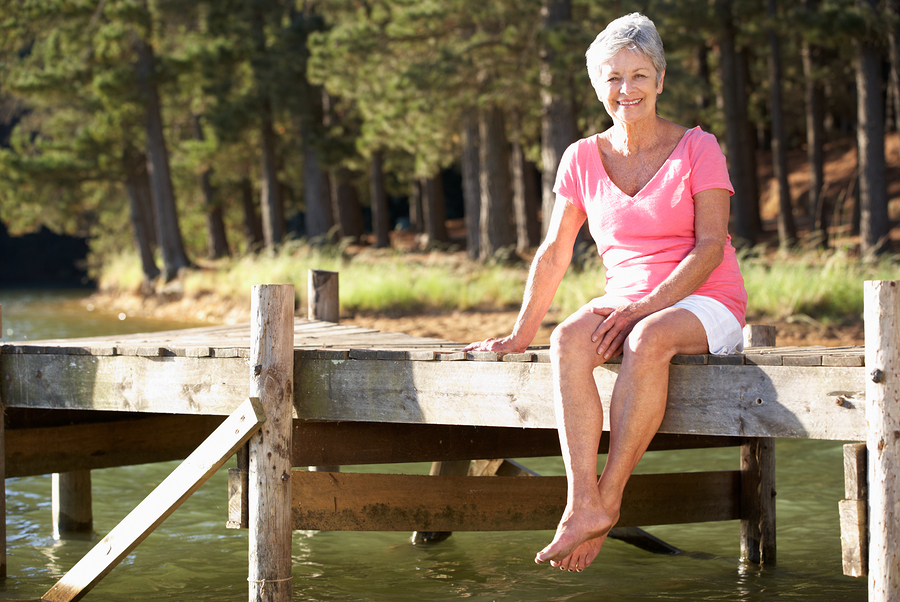At a time when many of us may be wondering just how long this covid-limbo phase of life will go on, American author Cheryl Richardson has a valuable practice.
Much of her work is about self-care for women. Indeed, one of her books (which should probably be essential reading for all of us) is called The Art of Extreme Self-Care.
One day she noticed she was experiencing something she’d spent a long time chasing — contentment. She describes this as a state of happiness, satisfaction and ease of mind.
So she thought back to how she’d come to feel that way:
Fewer appointments in her diary.
More time alone.
Following her heart rather than her (overly responsible) head.
Slowing down and trusting that when she keeps her mind in the present there’s plenty of time to do what needs to be done.
Letting others take care of their own needs while she takes care of hers.
Protecting the spaciousness she needs in her life to feel content, even when it means saying no to things she’d like to do.
She’s an introvert who very much enjoys her own space, so the point is not that her list should be everyone’s.
But the idea of taking a few moments to consider what has us feel content is time well spent, especially for women who’ve spent much of their lives thinking about everyone else.
Much of my list is similar to Cheryl’s in that I very much need to balance time for myself against time with others, and to say no a lot.
Which means that occasionally I have to manage the old voice in my head that thinks I ought to be doing more and working harder rather than giving myself time and space.
My younger years were about feeling compelled to do and achieve. I had chronic fatigue in my 30s for good reason.
So I’ve had to retire that autopilot self to choose what genuinely makes me content and produces an experience of a quality life.
There are two parts to what Cheryl’s talking about. First there’s identifying times when we feel content and working backwards to spot the behaviour and conditions that lead to it.
Then there’s deliberately doing those things and creating those conditions.
It seems like an incredibly useful practice, especially when there’s so much about life at the moment that’s outside our control.
While it’s easy to feel helpless and reactivated by circumstances, it’s possible to acknowledge how we feel about those and also create and celebrate moments of contentment.
And the harder we find it to do, the more reason to take it on.
Photo Source: Bigstock

